Last updated on March 9, 2021 by Liza Hawkins
The term “free-range” can mean a variety of things, especially when you’re talking about chickens. Read on to understand some facts about free-range chickens, as well as some of other other labels you find on egg cartons at the grocery store.
Free-range eggs are all the rage these days. They’re delivered in cartons at the grocery store, found by the dozens at farmers’ markets, and even farmed straight out of your neighbor’s backyard.
When you think of free-range chickens I bet your vision includes acres of open pasture, hours upon hours of daylight, fresh grass, lots of bugs and happy clucking chickens.
Well, in some cases this is true. My parents’ chickens are raised exactly this way! They lead a very happy chicken life.
Unfortunately, however, not all free-range chickens are the same. The term can be misleading, and marketers have gotten savvy. They want us thinking about happy little clucking chickens, rooting around in open pastures for as long as they’d like.
Know what though? In a lot of cases, that’s not the life a free-range chicken leads.
3 Facts About Free-Range Chickens
1. Use of the term “free-range” is not strictly monitored.
In order to be certified organic, farmers have to adhere to strict criteria that’s set by USDA. In order to stamp “free-range” on a carton of eggs, chickens simply need to have regular access to an outside area.
And by area, I mean access a cement patch, a swatch of gravel, or a square of dirt for as little as five minutes a day.
FIVE MINUTES and she’s considered free-range. Pathetic.
2. Free-range chickens don’t necessarily mean all-natural chickens.
The only way to ensure that your eggs are from an all-natural, antibiotic-free hen is to buy certified organic eggs, get to know your local farmers and how they raise their chickens, OR raise your own. It’s pretty simple.
3. True “free-range” chickens have a diverse diet and make better eggs.
Chickens that are allowed to be outside for extended periods of time eat all kinds of things.
They’re scroungers, happy to gobble up bugs or table scraps in addition to their chicken feed.
They get lots of natural sunlight, and are delighted to roam around in a large space outside until dusk when they roost for the night.
All of this makes for a better tasting egg, and according to at least one study, more nutritious too!
Wait. There are more labels…
Egg cartons aren’t simply labeled organic, free-range or nothing. You might also see cage free, free-roaming, certified humane and a slew of others.
Confusing, right? Especially since most of these labels are also not closely regulated to mean what we’re supposed to think they mean.
If you don’t know the farm where the eggs come from (and therefore can see for yourself how the chickens are raised), then choose a carton with the label “Food Alliance Certified” or “Animal Welfare Approved.”
Both of these labels mean that the farms ensure the chickens get plenty of outdoor time, and must be able to perform natural chicken behaviors like nesting, perching and dust bathing. However, only “Animal Welfare Approved” (which has the highest third-party auditing program) prohibits beak cutting…
You can find all of the labels and their descriptions at The Humane Society website.
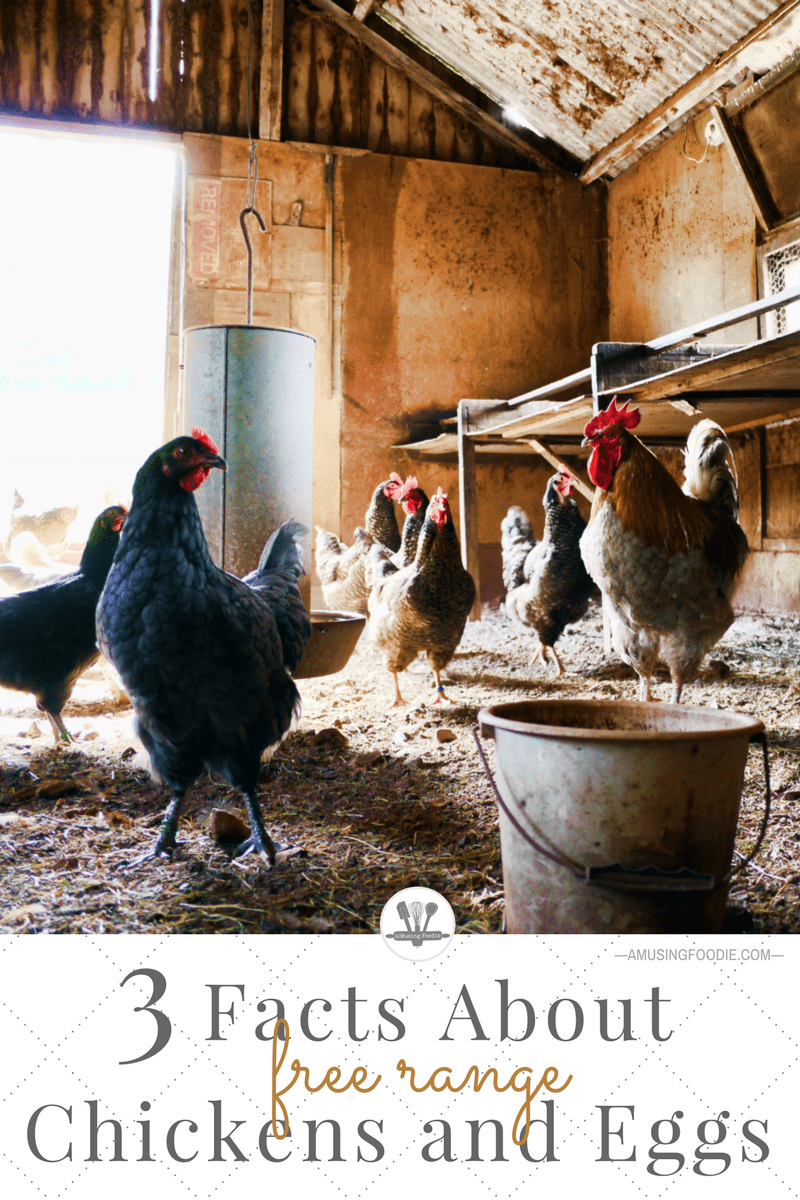
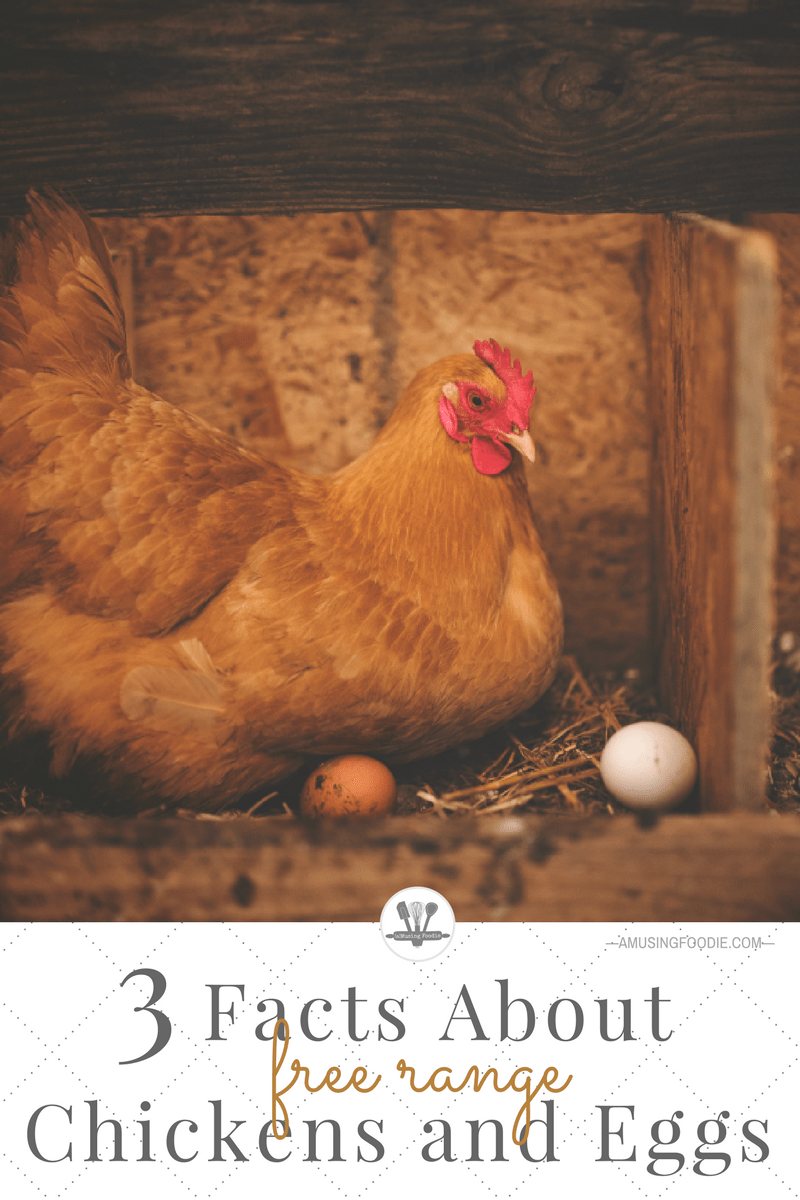
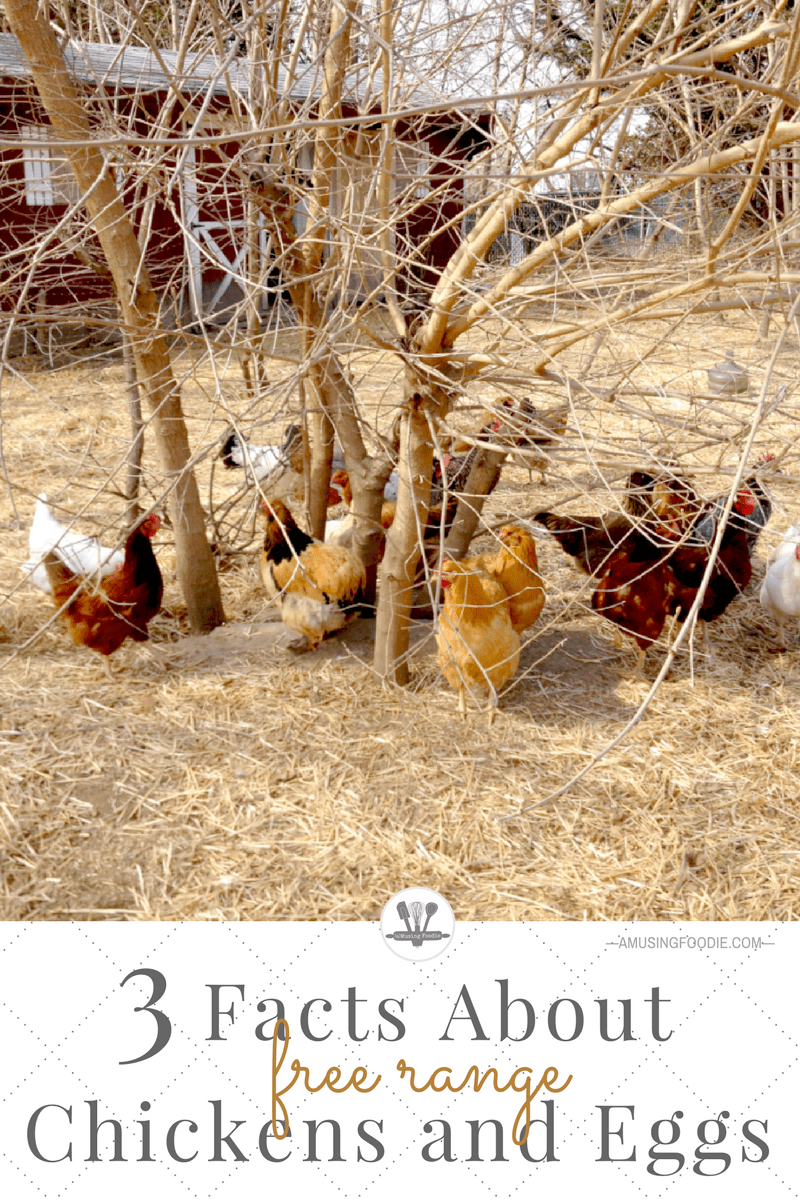
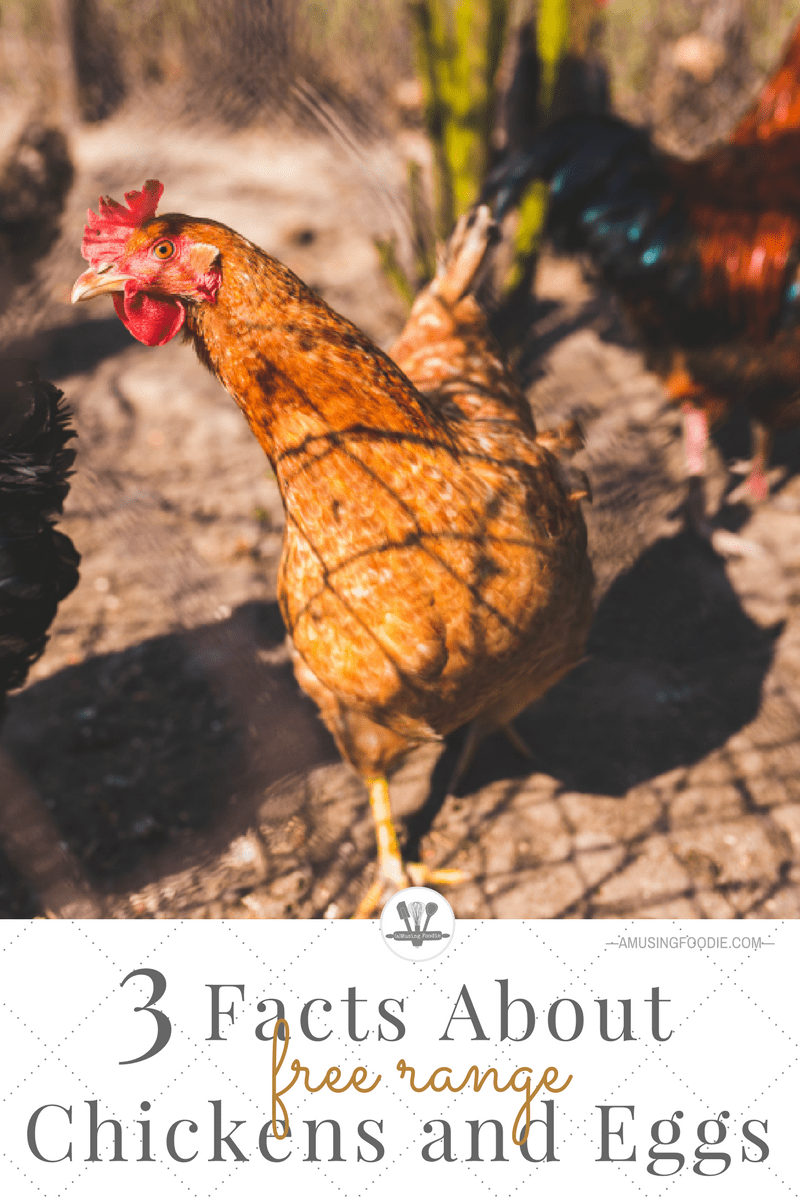
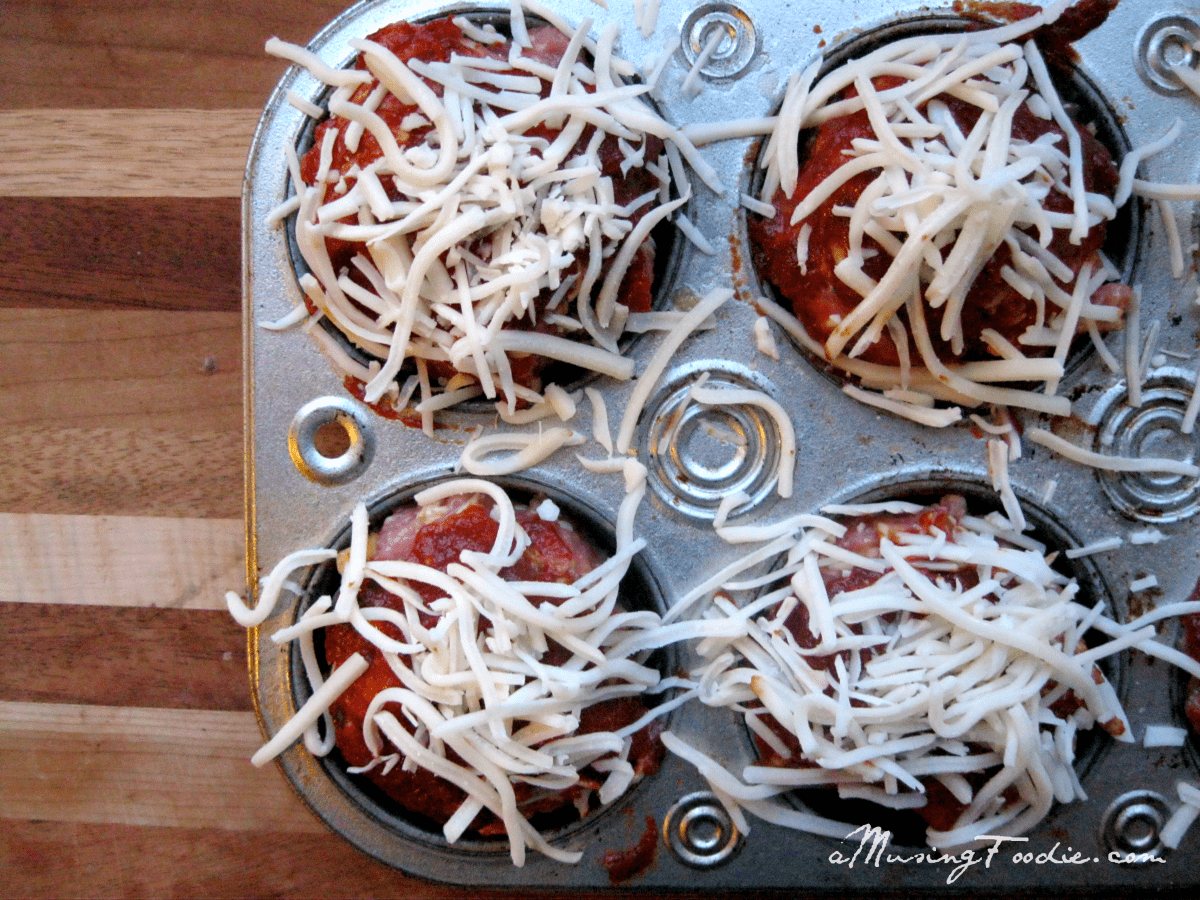
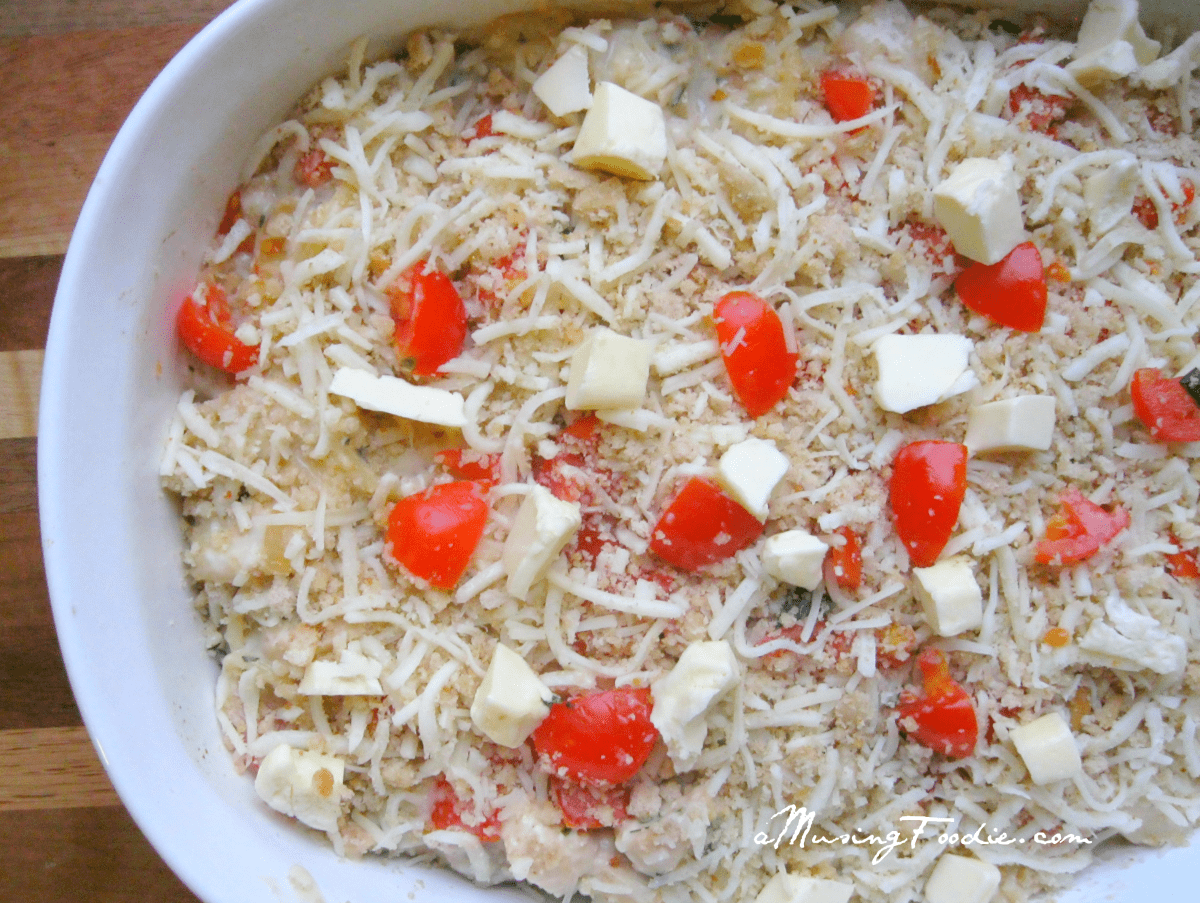
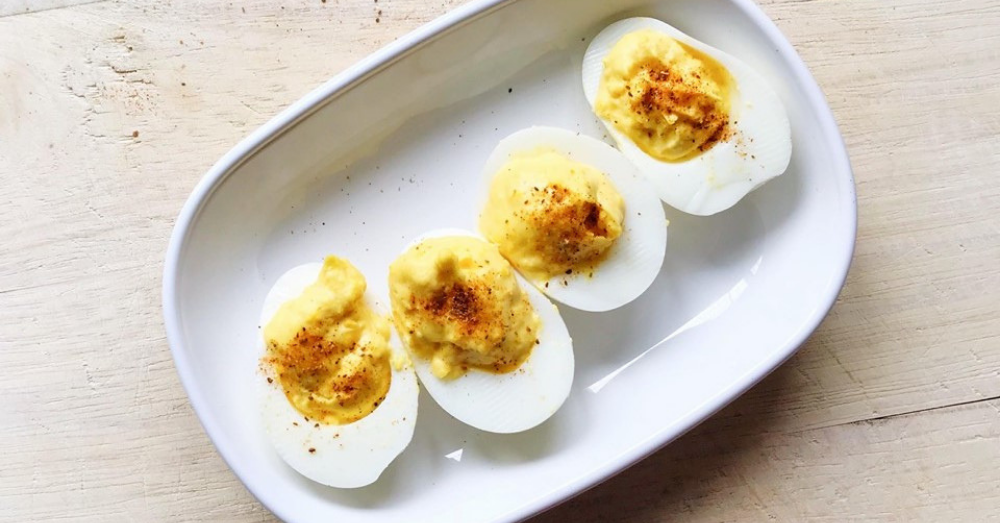

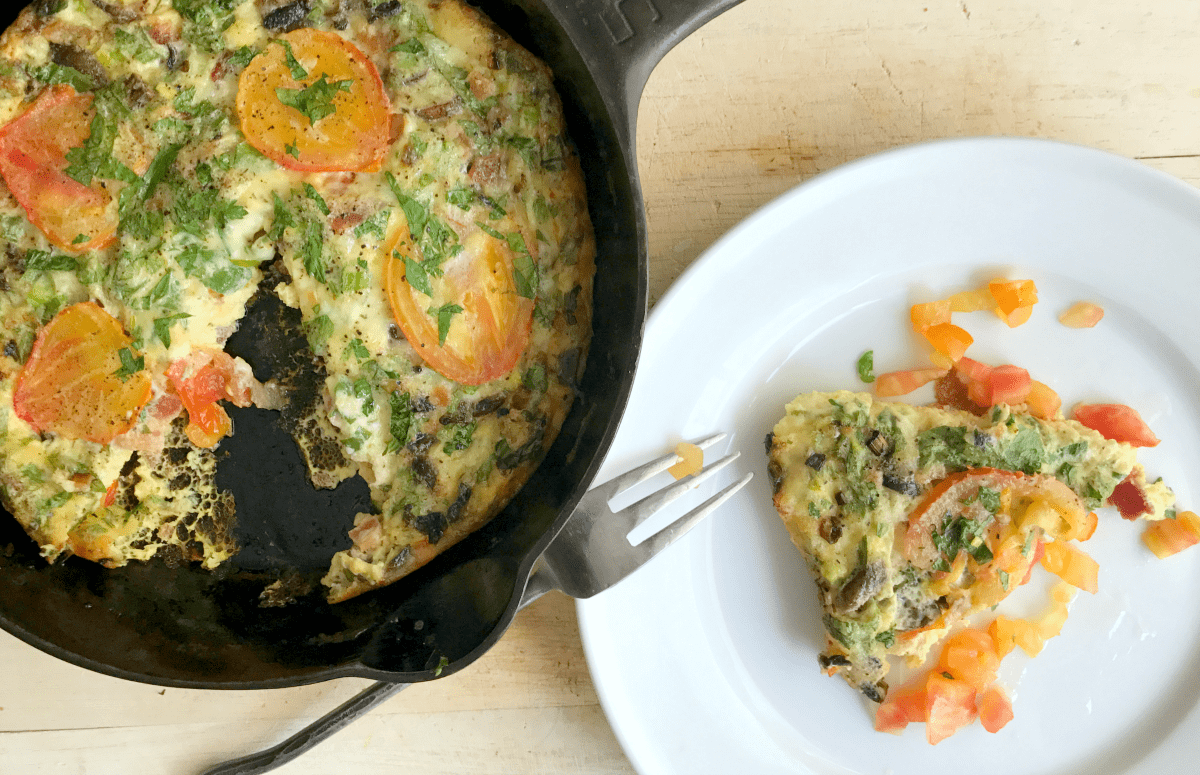
This is so true. That is why at hometown harvest we actually know the farmers personally and can attest to the fact that our eggs come from the free roaming birds as shown in your post. It is also the same approach we are taking with the laying hens we are raising on our farm in frederick.
I love that about Hometown Harvest and the farmers you use! 🙂
I’m pretty sure a friend toured a “free range” egg factory (or whatever it’s called) and told me that it basically means they’re not caged. But i can also mean they’re cramped in a massive holding pen with barely any room to move in very unclean conditions. Cages can apparently be cleaner than this kind of “free range.” Sigh. They make it so difficult for consumers.
Exactly – semantics. SO frustrating. :-/
Thank you. This is good info that I didn’t know.
So many people are unaware, Pam. You’re not alone! 🙂
I was sad to find this out a few years ago. We try to get ours at a local Mennonite farm, but we can’t always gate there. Still want my own chickens!
I know – it’s so sad! Fingers crossed that you’ll be able to get your own chickens some day! 🙂
thanks for this great info. liza. please tell your mom stacey says hi!
Thanks, Stacey – and I will! 🙂